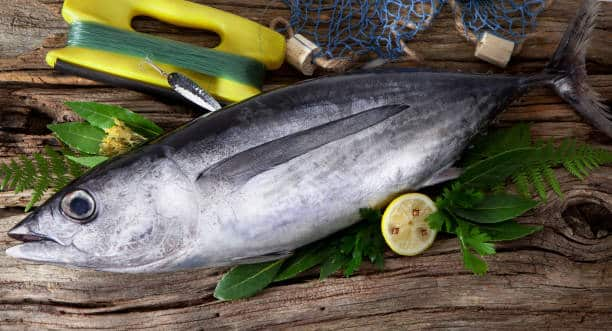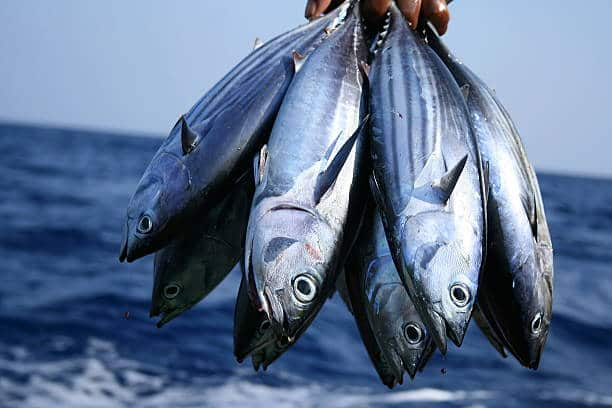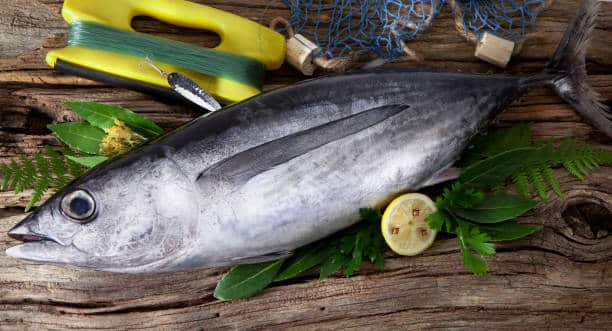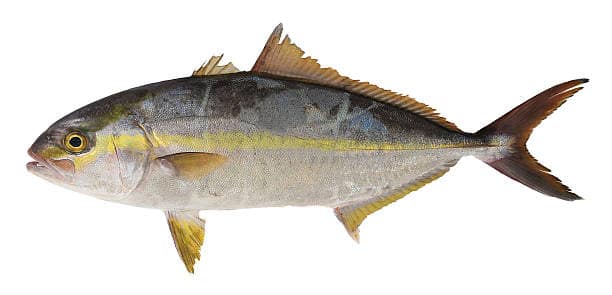Africa: Tuna Trade – a Promising Potential
Share

In the culinary world, tuna is renowned for its exquisite flavor, velvety texture, and unparalleled status. But did you know that African waters also harbor prized tuna species? Africa holds promising potential in the tuna trade, offering economic and developmental opportunities for the continent.
Tuna fishing in Africa is subject to strict regulations and quotas, similar to other regions worldwide, to protect fish populations and ensure sustainability. However, African waters are teeming with different tuna species that are increasingly gaining commercial interest.
Among the most commonly found tuna species in African waters are the Southern Bluefin Tuna, Yellowfin Tuna, Skipjack Tuna, and Bigeye Tuna. These species provide an opportunity for Africa to actively participate in the global tuna trade.
Southern Bluefin Tuna, with its large eyes adapted for hunting in deep and dark waters, is present in the warm oceanic waters of the African continent. Yellowfin Tuna, recognizable by its vibrant yellow finlets, is also abundant in African waters. Skipjack Tuna, a smaller species, is widely used in canned tuna products and offers promising commercial potential. Finally, Bigeye Tuna, with its pale pink to light beige flesh, is also found in African waters.
The tuna trade in Africa brings numerous economic advantages to the continent. Firstly, it creates local employment in coastal communities, thus stimulating economic development and reducing poverty. Additionally, it provides export opportunities to international markets, generating revenue for African countries.
Africa can also benefit from value-added opportunities associated with tuna processing. By investing in modern processing infrastructure and developing value-added products such as smoked, marinated, or canned tuna, African countries can increase their market share and competitiveness on the international stage.
The exploitation of tuna in Africa must be done in a sustainable and responsible manner. Preserving fish populations and protecting the marine ecosystem should be at the core of fisheries and management policies. This will ensure the longevity of resources and the long-term sustainability of the tuna trade in Africa.





















